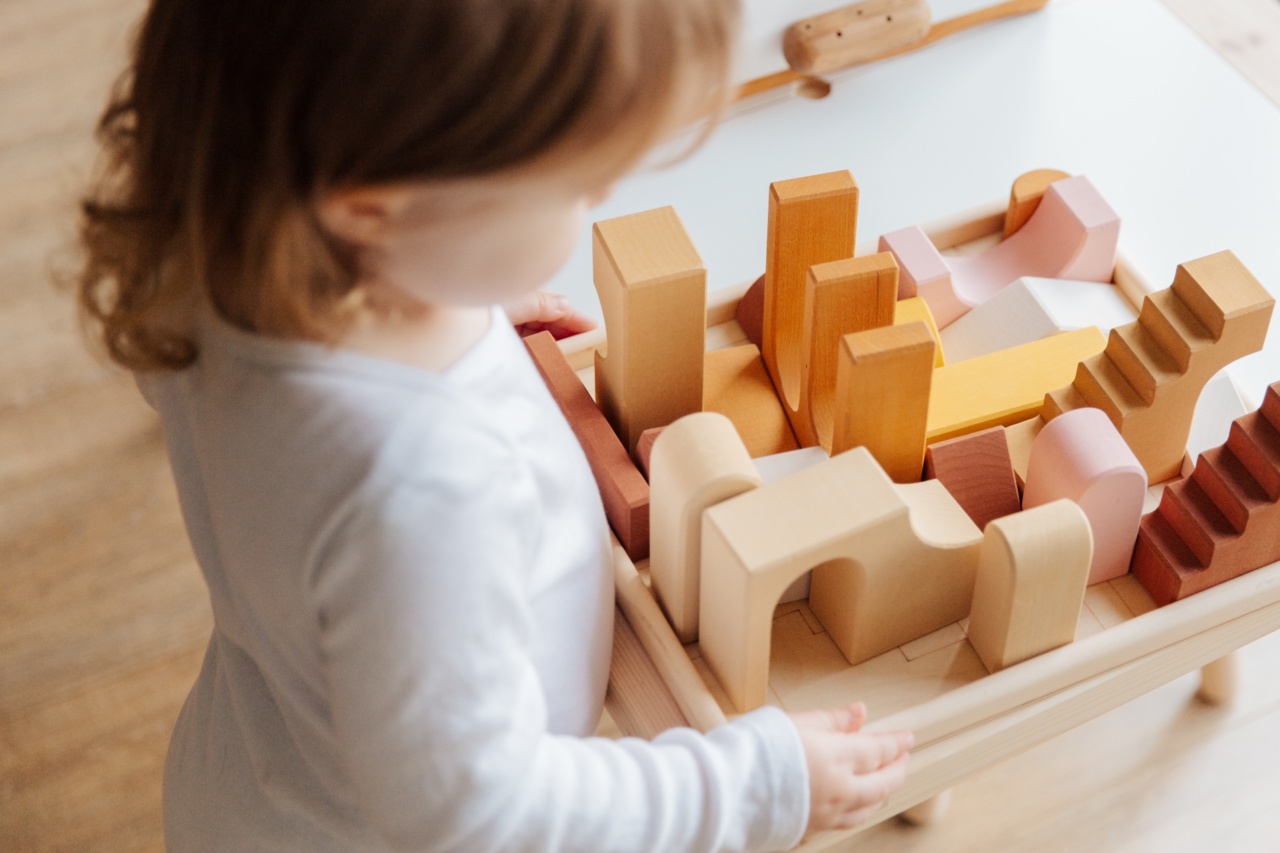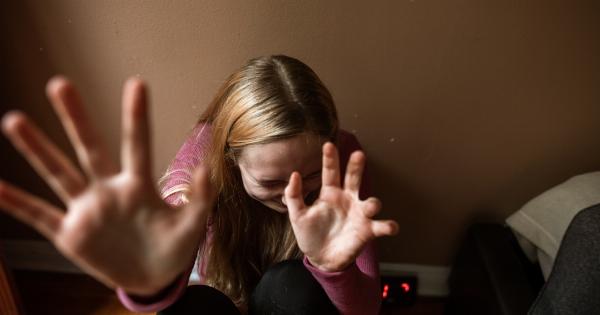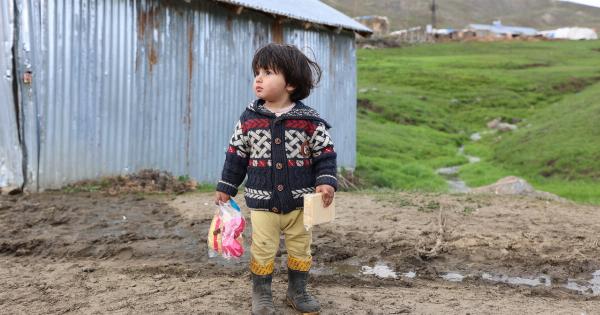Play is a fundamental aspect of human development. Not only is it fun and enjoyable, but also plays an important role in cognitive, social, and emotional development.
Studies have shown that play has a significant impact on adolescent psychological development. It provides a safe space for adolescents to explore their creativity, engage in self-expression, and develop self-confidence. In this article, we will explore the effects of play on adolescent psychological development.
Positive effects of play on adolescent psychological development
Play has a number of positive effects on adolescent psychological development, including:.
1. Increased creativity
Play allows adolescents to express their creativity and imagination. By engaging in play, they can experiment with new ideas, try out different roles and perspectives, and test out their own abilities.
This helps to stimulate the brain and promote cognitive development.
2. Improved social skills
Play also plays an important role in social development. By interacting with others during play, adolescents learn important social skills such as communication, cooperation, and collaboration.
Through play, adolescents learn to work together, resolve conflicts, and negotiate differences.
3. Enhanced emotional development
Play provides a safe and supportive environment for adolescents to explore their emotions and develop their emotional intelligence.
By engaging in play, adolescents can learn to identify and express their emotions, develop empathy and emotional regulation, and build resilience.
4. Increased self-esteem
Play provides adolescents with opportunities to explore their strengths and abilities, which can lead to increased self-esteem and self-confidence.
Through play, adolescents can learn to take risks, overcome challenges, and achieve their goals, which contributes to a positive sense of self-worth.
Negative effects of lack of play on adolescent psychological development
While play has many positive effects on adolescent psychological development, the lack of play can also have negative consequences. These include:.
1. Increased stress and anxiety
Without play, adolescents may become chronically stressed and anxious. Play can provide a release from stress and a way to cope with difficult emotions.
The absence of play can lead to a buildup of emotional tension, which can manifest as anxiety and other mental health issues.
2. Reduced creativity and imagination
Without play, adolescents may have fewer opportunities to explore their creativity and imagination. This can result in reduced cognitive development and a lack of innovation and problem-solving abilities.
3. Impaired social skills
The absence of play can also lead to impaired social skills. Adolescents who don’t engage in play may struggle with communication and cooperation skills, which can affect their ability to form meaningful relationships.
4. Low self-esteem
Without play, adolescents may not have opportunities to develop their strengths and abilities. This can lead to low self-esteem and a negative sense of self-worth.
Conclusion
Play is a fundamental aspect of adolescent psychological development. It plays an important role in cognitive, social, and emotional development, and has numerous positive effects on adolescent mental health and wellbeing.
The absence of play can have negative consequences, highlighting the importance of incorporating play into the lives of adolescents.





























